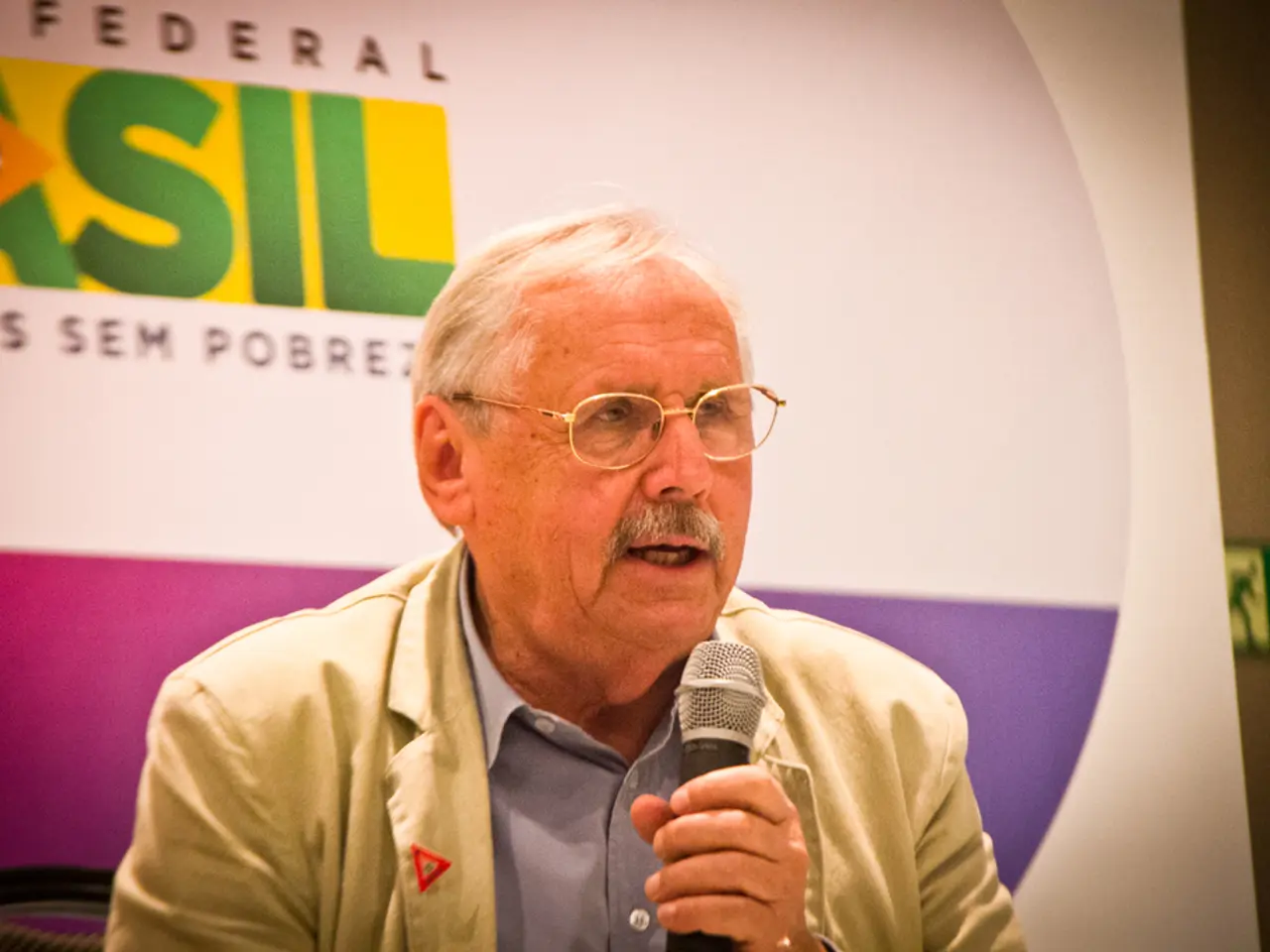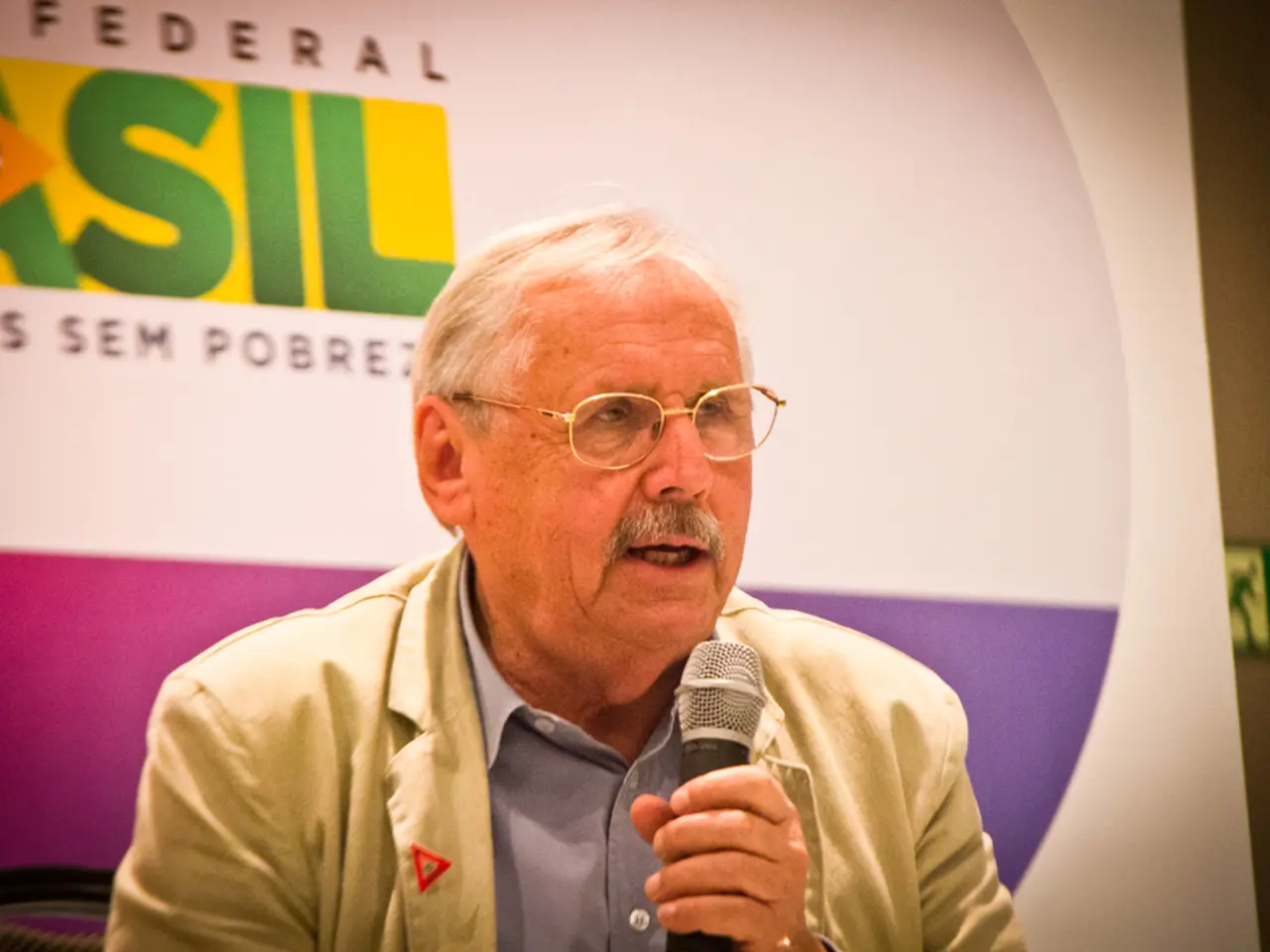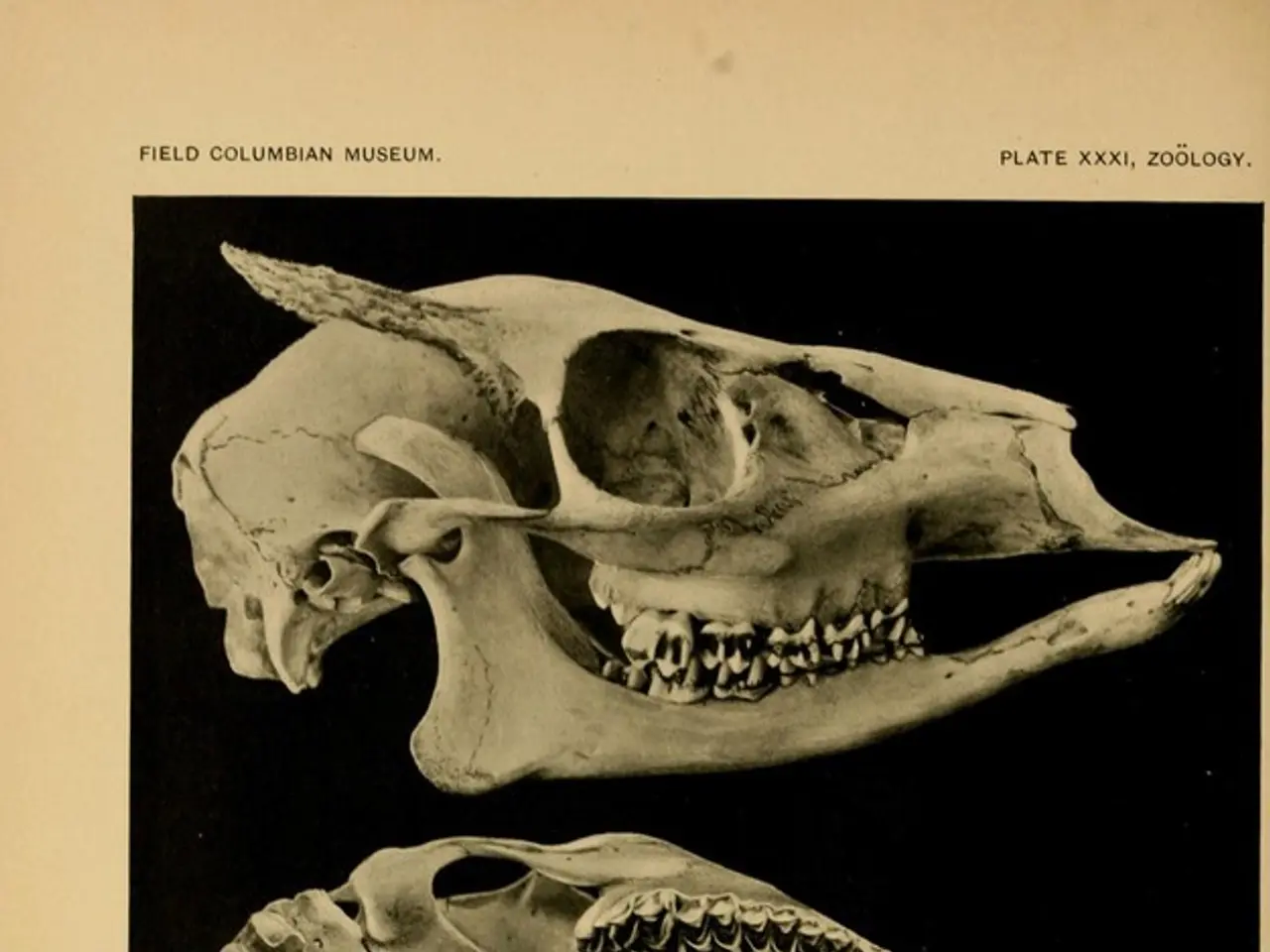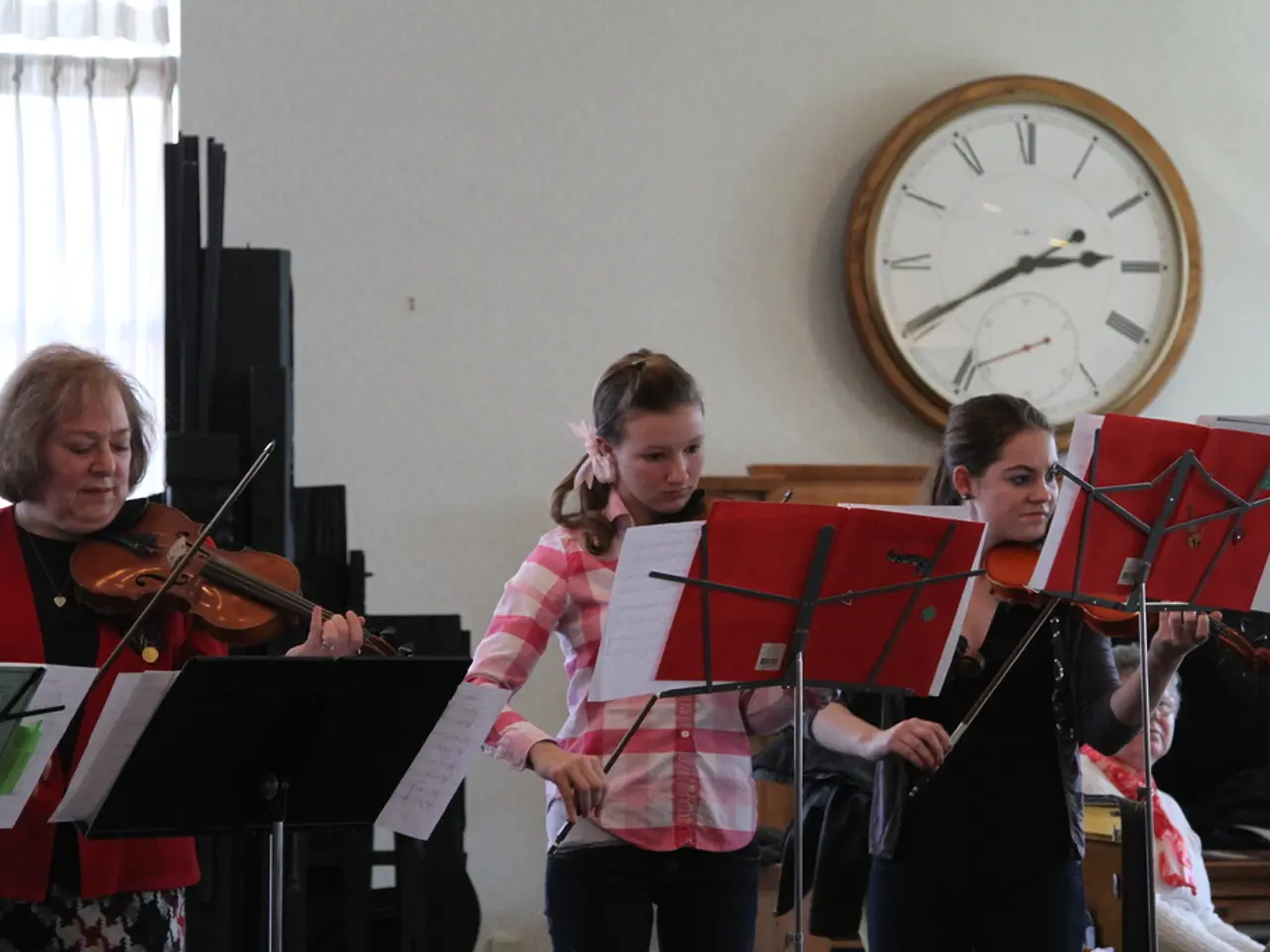Central Basin Directors Holds Secret Gathering for President's Ouster after Recent Appointment
In a turn of events that has sent shockwaves through the Central Basin Water District, an illegal special meeting called by board members Nem Ochoa, Joanna Moreno, and Juan Garza on November 1, 2024, has sparked a series of consequences. This clandestine gathering, which saw the unlawful removal of then-President Art Chacon, has raised questions about governance standards, potential irregularities, and transparency failures.
The illicit meeting led to actions that violated safeguards mandated by a 2015 state audit, including competitive bidding rules designed to prevent corruption and no-bid contract abuses within Central Basin. Subsequently, contracts, such as the one with MV Cheng and Associates, were approved without adhering to the required competitive bidding processes.
The legal implications of this illegal meeting are far-reaching. Actions taken during the meeting may be nullified or challenged due to the lack of proper legal notice and authority. Procedural violations and questionable contracting practices could trigger investigations and audits, potentially revealing breaches of open meeting laws, procurement statutes, or even criminal activity. Board members involved in improper contracts or governance breaches could face civil liability or sanctions.
Moreover, the recurrence of no-bid contract abuses and potential legal violations could damage public trust and invite regulatory scrutiny, given the district's history of scandals involving former officials with criminal convictions. The involvement of Nem Ochoa, the General Manager of Golden State Water and Central Basin Board President, and Joanna Moreno in the illegal meeting raises concerns about conflicts of interest and governance standards, particularly amid contract award controversies.
Despite their terms ending, Nem Ochoa and Joanna Moreno remain on the Central Basin Board. The agenda for the special meeting, which was sent out at 2:30 pm the day before, violating the 24-hour notice requirement of Government Code 54956, includes an attempt to amend Central Basin Water District's Article 3, section 3.3 related to agenda approval for all regular, special, and emergency meetings.
The California Department of Justice (DOJ) has already reprimanded Central Basin Directors for breaking the law. The special meeting, which also violates Central Basin's Administrative Code and Government Code 54956, is set to take place on November 1, 2024, at 1 pm during a special meeting.
Amid these developments, there are allegations of pay-to-play for Nem Ochoa, with sources suggesting he has been promised Jim Crawford's seat on the Metropolitan Water Board in exchange for his vote. Alex Rojas, who was illegally terminated on November 1, 2024, could be reinstated as Central Basin Municipal Water District's general manager.
As the Central Basin Water District grapples with these controversies, the public awaits the outcome of the special meeting, which is expected to see the removal of Art Chacon as president and the installation of a new president.
- The community news is filled with stories about the illegal special meeting held by Central Basin Water District board members, which led to significant consequences and raised questions about governance standards, potential irregularities, and transparency failures.
- The clandestine gathering violated competitive bidding rules, as seen in the case of the contract with MV Cheng and Associates, which was approved without the required competitive bidding processes.
- The events surrounding the illegal meeting may result in far-reaching legal implications, with actions taken during the meeting potentially being nullified or challenged due to procedural violations, and possibly triggering investigations and audits.
- Local news outlets are reporting that board members involved in improper contracts or governance breaches could face civil liability or sanctions, and the recurrence of no-bid contract abuses and potential legal violations could damage public trust and invite regulatory scrutiny.





